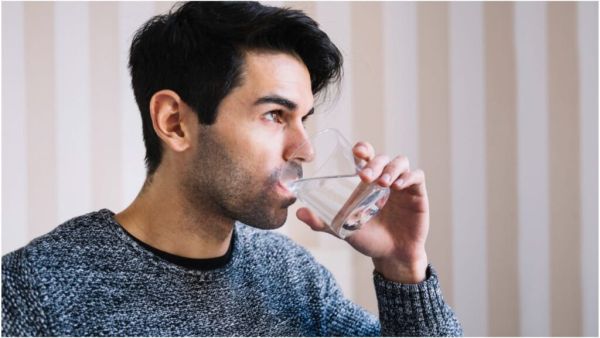
What is Overhydration?Many of us grow up hearing that we should drink plenty of water every day. Dehydration indeed causes fatigue, dizziness and various health issues. But what most people don’t realize is that excessive water intake can also harm the body.
Yes, drinking too much water can lead to overhydration, a condition that can become extremely dangerous, especially for people already dealing with liver- health problems. Here’s a detailed look at what happens when you go beyond your body’s water needs.
Overhydration occurs when someone drinks far more water than the body can process or when the body fails to eliminate excess fluid. This can lead to water intoxication or water poisoning, causing a rapid disturbance in the body’s electrolyte balance.
When sodium levels in the bloodstream drop too low, water enters the cells. The cells swell, putting pressure on surrounding tissues. In severe cases, this swelling can reach the brain, leading to brain edema, which can be life-threatening.
In a healthy person, excessive water does not directly harm the liver. The kidneys handle filtration, not the liver. However, in people who already have liver disease, consuming too much water can worsen fluid retention. Damaged liver function reduces protein production, causing water to accumulate in the body, dropping sodium levels and leading to abdominal and body swelling.
Another hidden danger is contaminated water. If water tanks or filters are not cleaned regularly, heavy metals and pollutants can enter your drinking water. Such contaminants can severely affect the liver and overall health.
Your body gives several warning signals when you exceed your water requirement. These include –Frequent urination.n
The common belief that everyone must drink eight glasses daily is a myth. Water needs vary with age, climate, lifestyle and health conditions. The simplest way to keep track is by observing urine colour: a light yellow shade indicates healthy hydration.
Staying hydrated is essential—but balance is the key. Listen to your body, drink when you need to, and maintain clean water sources to stay healthy.